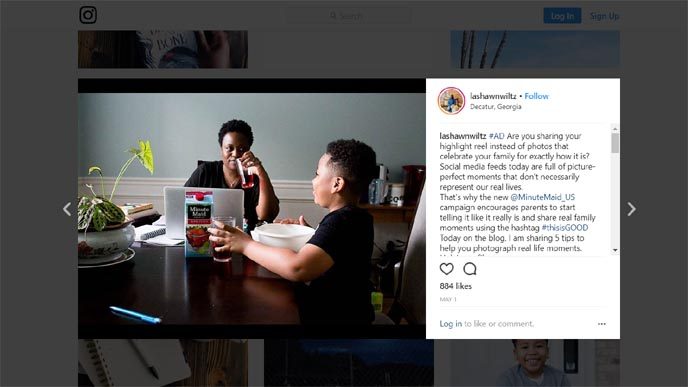When I first started publishing content on the Internet nearly 20 years ago, I had no real ambition to make any money at all. It was just a hobby and I’d be thrilled with I’d get a message from just one random stranger. My words were actually reaching real people all around the world and this was an incredible power I hadn’t ever experienced in my life before. The Internet has been truly remarkable in this sense.
And when I decided to give this “make money online” thing a go starting around 2006, the focus — outside of my freelance writing business — was my blog, Beyond the Rhetoric, which is still very much around today. Over the years, I’ve dabbled in a number of different ad networks, tried my hand at affiliate marketing, and taken on some paid post opportunities. However, whatever money I made was largely generated on the blog itself.
But a lot has changed in the past decade. If you want to “make money blogging,” more and more you have to recognize that “just” blogging isn’t enough. It’s not just about using other channels as a means of driving traffic to your blog either. The opportunities have expanded far beyond that, especially since getting the kind of reach and numbers on your own site is arguably harder than ever before.
Enter the Mommy Blogger
There was an article published in the Money section of the Time website that discussed “the new mommy blogger.”

“But I’m not a mommy blogger,” you might say. Wait. Hear me out on this one.
Even if you don’t self-identify as a “mommy blogger” and you have no interest in discussing the topics of motherhood, the key insights from this write-up should not be ignored. They’re just as applicable to practically anyone else who wants to make money from blogging, just adapted to a different vertical for a different audience.
The Diversified Platform
The first big takeaway, as you might imagine, is that making money from just your blog simply is not enough anymore. That’s not what the Internet looks like today and if you focus 100 percent of your efforts on just your blog, you could be leaving hundreds, thousands, or even millions of dollars on the proverbial table. One example they give is a “mommy blogger” named LaShawn Wiltz.

She’s had a blog since 2009, but she makes a “full-time salary” by diversifying her income sources. In addition to the blog, where she hosts online advertising and sponsored content, she offers an online course of “aspiring Instagram influencers” where she charges $150 a head. If you’ve proven your success, you can leverage your success and experience into more success and more experience.
There’s storytelling, sure, and there’s this “word of mouth on steroids” as Everywhere Agency founder Danica Kombol puts it, but there’s also this potential to offer “advice to the development of a vast coalition of female entrepreneurs and influencers set on not just making money themselves, but helping others do the same.” In other words, you make money online by teaching other people how to make money online. Sound familiar?
And the point of making money as an “aspiring Instagram influencer” is not to be taken lightly either. Even Gary Vaynerchuk has said that the power of online advertising — via podcasts, social media, YouTube videos and more — is still greatly undervalued. There’s still a lot of money to be made and we’ve only seen the tiniest glimmer of what influencer marketing can become in the very near future.
Make a Name for Yourself
It’s not just about sponsored content on your blog. It’s about sponsored Facebook Live videos, sponsored Instagram stories, sponsored Twitter discussions, sponsored YouTube videos, sponsored podcast episodes, sponsored mentions in an e-book or e-course…. the list just goes on and on and on. You need to do more than “just” blogging.
When I first started blogging professionally in 2006, it was still the very early days of Facebook and Twitter. I had accounts on both platforms, but I used my Facebook business page mostly as a broadcast tool to announce when new blog posts had gone up.
Today, I actively share content from other creators, actively elicit conversations with followers, and engage much more on the platform as “Beyond the Rhetoric” and not just as “Michael Kwan.” You can say the same about Twitter, YouTube, Instagram and every other social platform. Broadcasting isn’t enough. You need to engage.
If you want your blog to be a profitable business, you have to treat it like a business. And just like a business, there are many more moving parts and opportunities involved than just your core product.